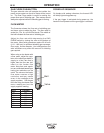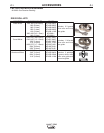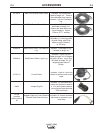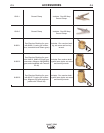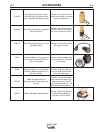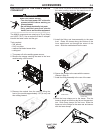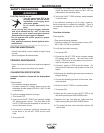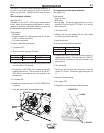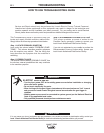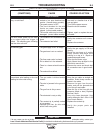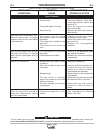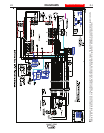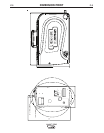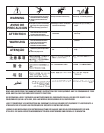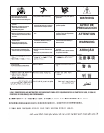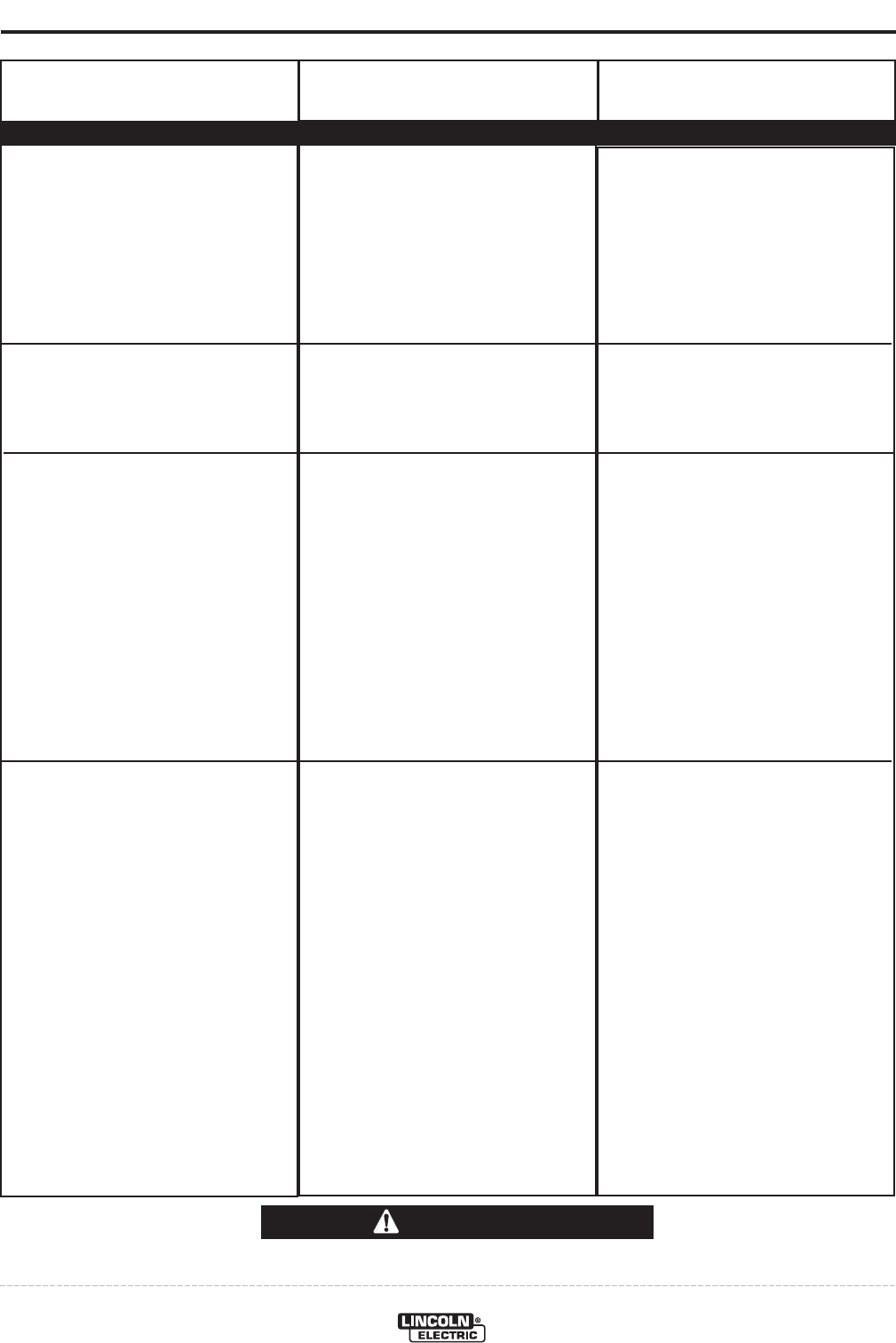
,*'-$+ '',!&
$&T(*'
Observe all Safety Guidelines detailed throughout this manual
If for any reason you do not understand the test procedures or are unable to perform the tests/repairs safely, contact your
$B64?$<A6B?AHG;BE<M87<8?7+8EI<6846<?<GL for technical troubleshooting assistance before you proceed.
-,!'&
(*'$%+
+1%(,'%+
('++!$
-+
*'%%&
'-*+',!'&
The feeder does power up - no dis-
play, no cold feed.
The wire feeder power up but there
is no output when the trigger is
pulled. The shielding gas is flowing
and the drive rolls turn.
No shielding gas.
Inconsistent wire feeding or wire not
feeding but drive rolls turning.
1. The work sense lead is discon-
nected or is a poor electrical con-
nection. (Across the arc models)
2. The power source is OFF.
3. The circuit breaker for the wire
feeder on power source have
tripped. (control cable models)
4. The control cable may be loose or
damaged. (control cable models)
1. The contactor coil connections are
loose.
2. The contactor has failed.
1. The gas supply is OFF or empty.
2. The gas hose is cut or crushed.
3. The flow meter valve is closed.
4. Dirt or debris is in the solenoid.
5. There is a loose solenoid connec-
tion.
6. The solenoid has failed.
1. The gun cable is kinked and/or
twisted.
2. The wire is jammed in the gun and
cable.
3. The gun liner is dirty or worn.
4. The electrode is rusty or dirty.
5. The contact tip is partially melted
or has spatter.
6. Improper gun liner, tip, drive rolls
and/or inner wire guide.
1. Connect the work sense lead to
the work in a location free of dirt,
rust and paint.
2. Turn ON the power source.
3. Reset the circuit breakers.
4. Tighten, repair or replace the con-
trol cable.
1. Verify the contactor coil connec-
tions.
2. Replace the contactor.
1. Verify the gas supply is ON and
flowing.
2. Route the gas hose so it avoids
sharp corners and make sure
nothing is on top of it. Repair or
replace damaged hoses.
3. Open the flow meter valve.
4. Apply filtered shop at 80psi to the
solenoid to remove dirt.
5. Remove the cover and check that
all connections are in good condi-
tion.
1. Keep the gun cable as straight as
possible. Avoid sharp corners or
bends in the cable.
2. Remove the gun from the wire
feeder and pull the jammed wire
out of the gun and cable.
3. Blow dirt out of the liner with low
pressure (40psi or less). Replace
the liner if worn.
4. Use only clean electrode. Use
quality electrode, like L-50 or L-56
from Lincoln Electric.
5. Replace the contact tip.
6. Verify the proper parts are
installed.
'HGCHG(EB5?8@F



